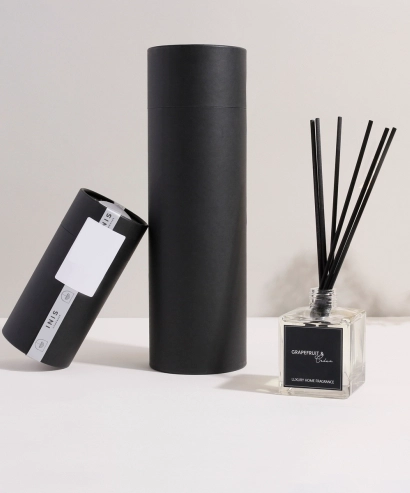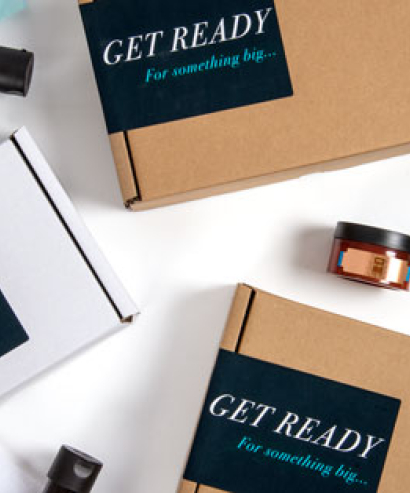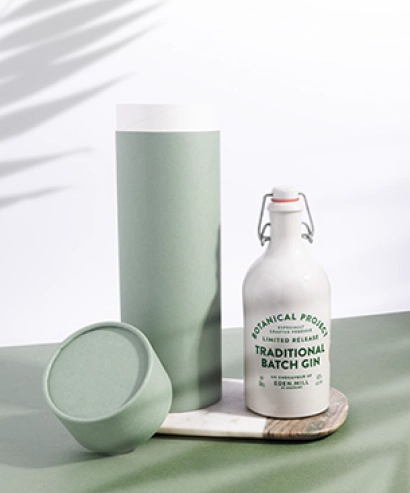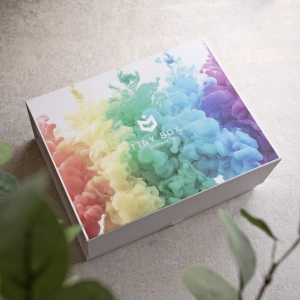
The word "authenticity" is everywhere in 2024, not just in marketing but in life, with mantras like "Be true to yourself."
Is the term overused, and what does it mean for marketing? Is it essential for a robust marketing strategy or just fluff? This article examines the meaning and relevance of authenticity for small businesses. It also explores six ways small businesses can develop an authentic brand.
In 2016, Instagram was flooded with influencers using images of their seemingly perfect lives to sell products. By 2024, while social media influencers remain prevalent, consumers have become savvier, recognising influencer marketing as just another marketing tactic. This awareness has led to cynicism and a shift away from the glossy sheen of traditional product promotion.
According to GaggleAmp, 88% of consumers say authenticity is important when deciding which brands to support. Research from Hearts Science shows that 79% of people say user-generated content (UGC) highly impacts their purchasing decisions, finding UGC 9.8 times more impactful than influencer content.
So what does "authenticity" mean? In simple terms, being authentic means being genuine or real. In business, it means the same thing.
Successful small businesses often build a brand around a strong mission, values, or passion. This resonates with potential customers who share those values or identify with the brand’s purpose.
There are many ways small business owners can also compromise their brand’s authenticity, such as by using influencers that are a poor match for the brand. Also not doing proper research can lead to the use of images or language inconsistent with their branding. This can be confusing or damaging. Above all, lack of authenticity can lose you the trust of your customers just as it can affect personal relationships.
Now that we understand the importance of authenticity in branding, let's explore some tips to help you build an authentic brand for your small business:
1. Define your brand identity.Start by clearly defining your brand identity. Determine your mission, values, and unique selling proposition. Understand what sets you apart from your competitors and use this as the foundation for your brand.
2. Consistency across all touchpoints.
Consistency is key to building an authentic brand. Ensure that your brand messaging, visual elements, and tone of voice are consistent across all touchpoints, including your website, social media, packaging, and
customer interactions. Consistency reinforces your brand's authenticity and helps customers recognize and connect with your business.
3. Tell your story.
Your brand story is a powerful tool for authenticity. Share your journey, challenges, and successes with your audience. Be transparent and vulnerable, allowing customers to see the human side of your business. Your story will create an emotional connection and help customers relate to your brand.
4. Engage with your audience.
Authenticity thrives on meaningful connections. Engage with your audience by actively listening to their feedback, responding to their queries, and addressing their concerns. Show genuine interest in their lives and needs. By building a strong relationship with your customers, you're more likely to create brand advocates who will promote your authenticity.
5. Deliver on your promises.
Authenticity is built on trust, and trust is earned by delivering on your promises. Ensure that you consistently provide high-quality products or services, meet deadlines, and exceed customer expectations. By consistently delivering value, you strengthen your brand's authenticity.
6. Adapt and evolve.
Authenticity doesn't mean staying stagnant. As your business grows and evolves, be open to adapting your brand strategy. However, ensure that any changes align with your core values and maintain the essence of your authentic brand identity.
Remember, authenticity is not just about what you say; it's about how you make your customers feel. By building a brand that reflects your own values and passions, your small business can build a loyal audience. Just stay true to your brand and don’t get distracted.
































